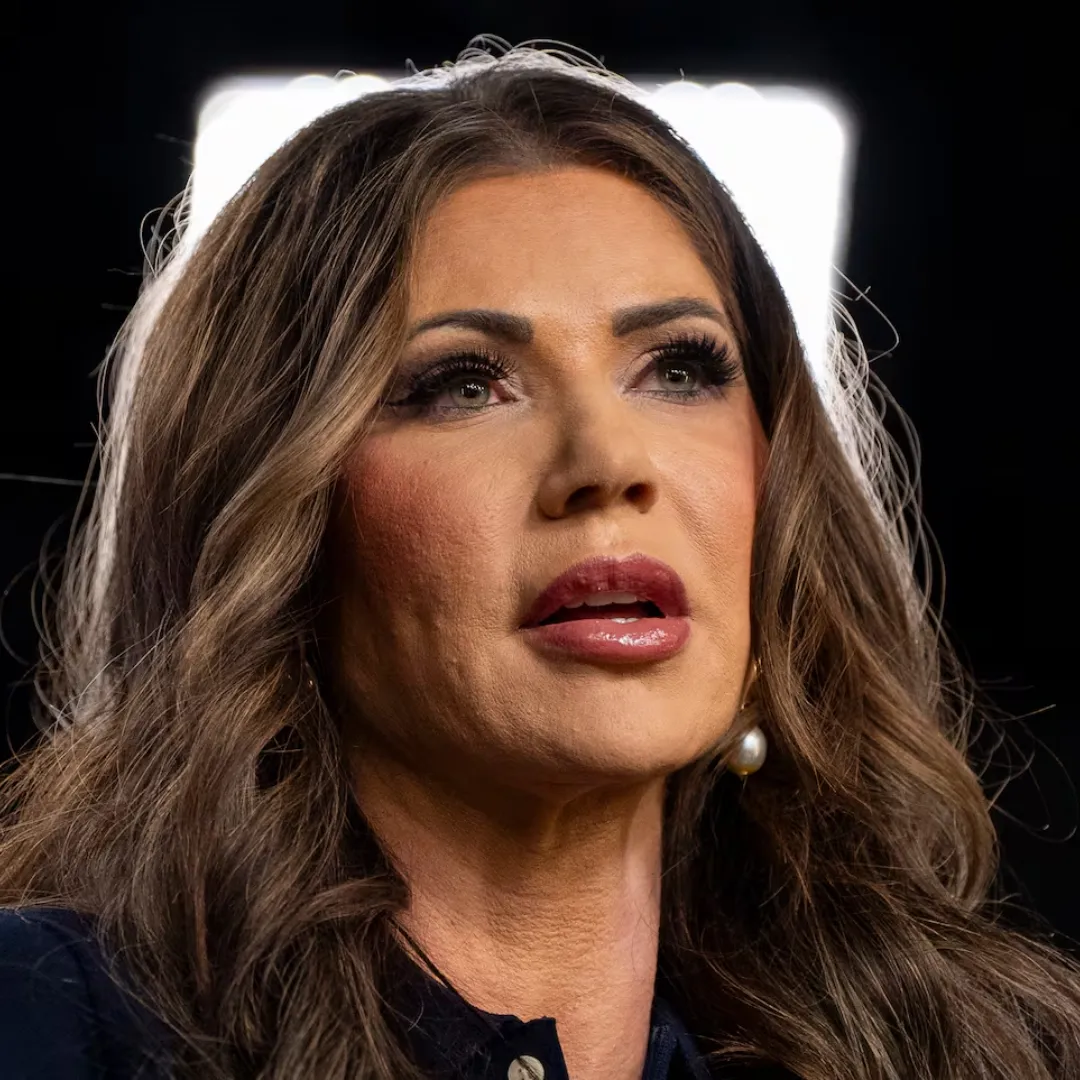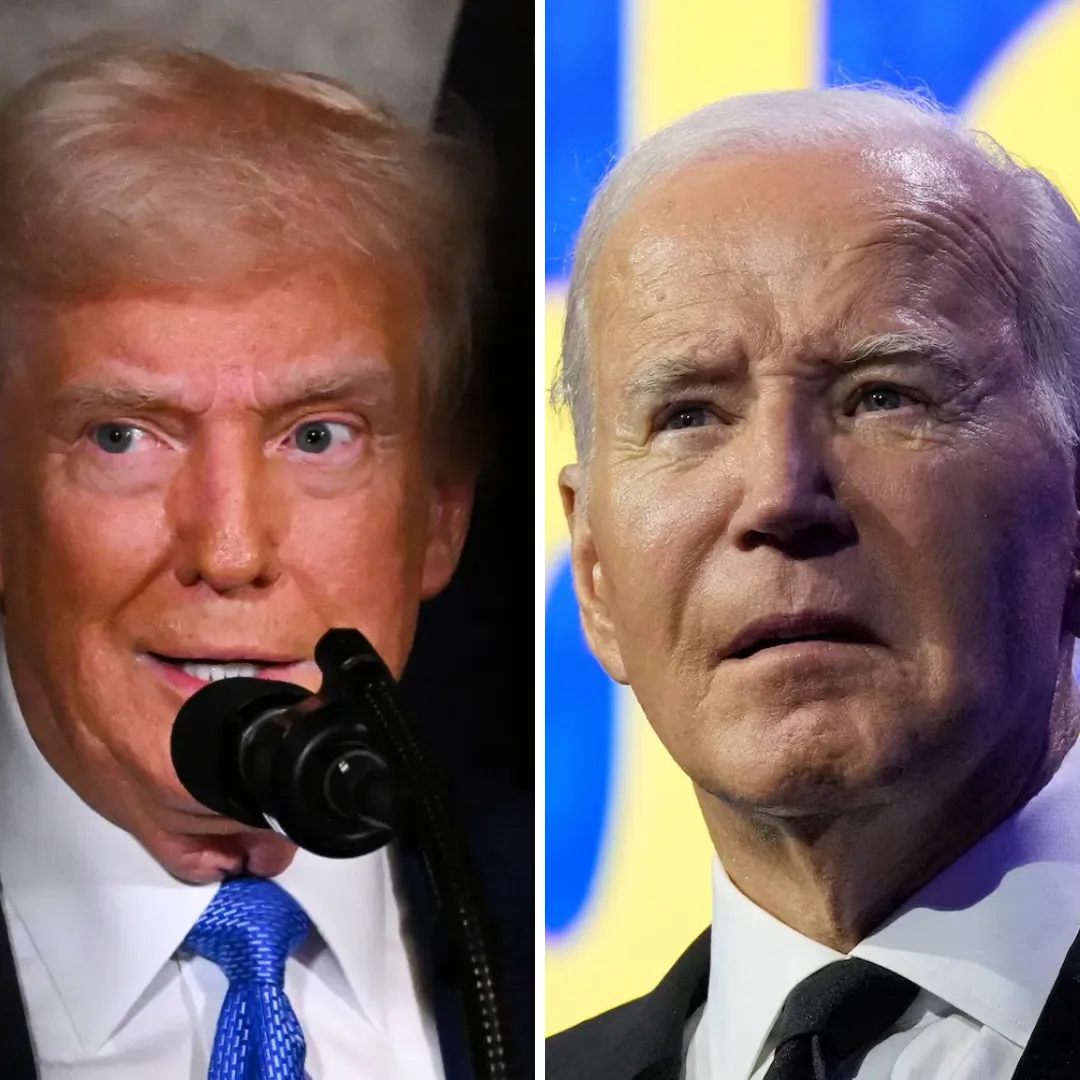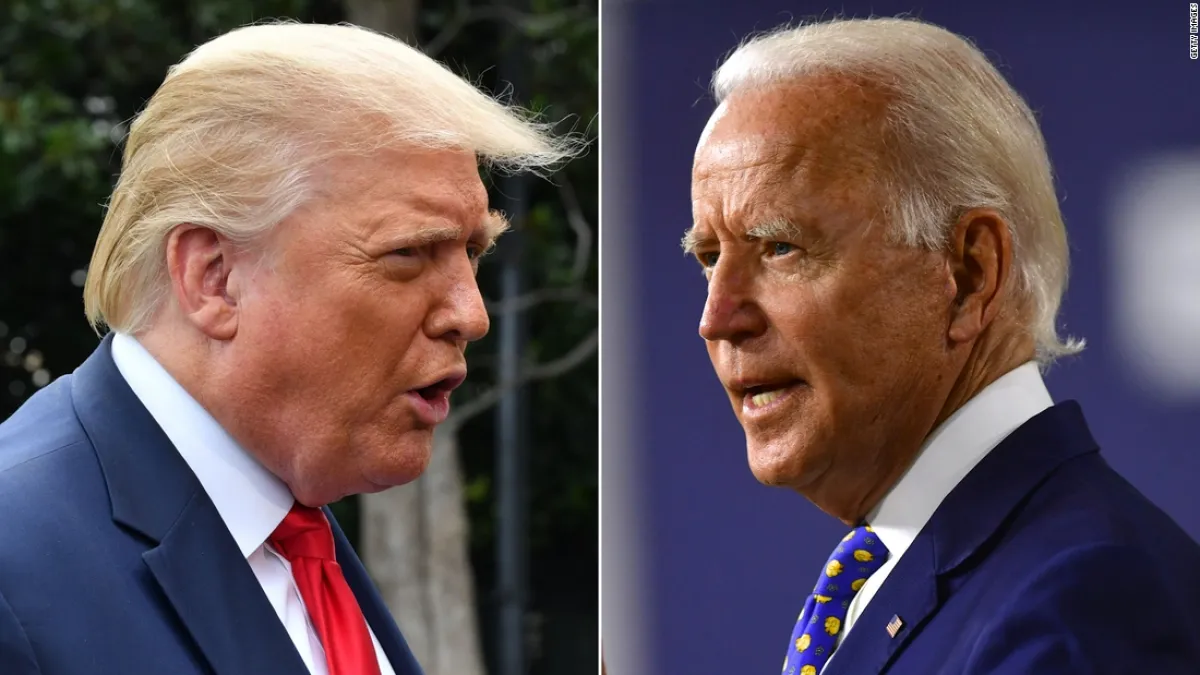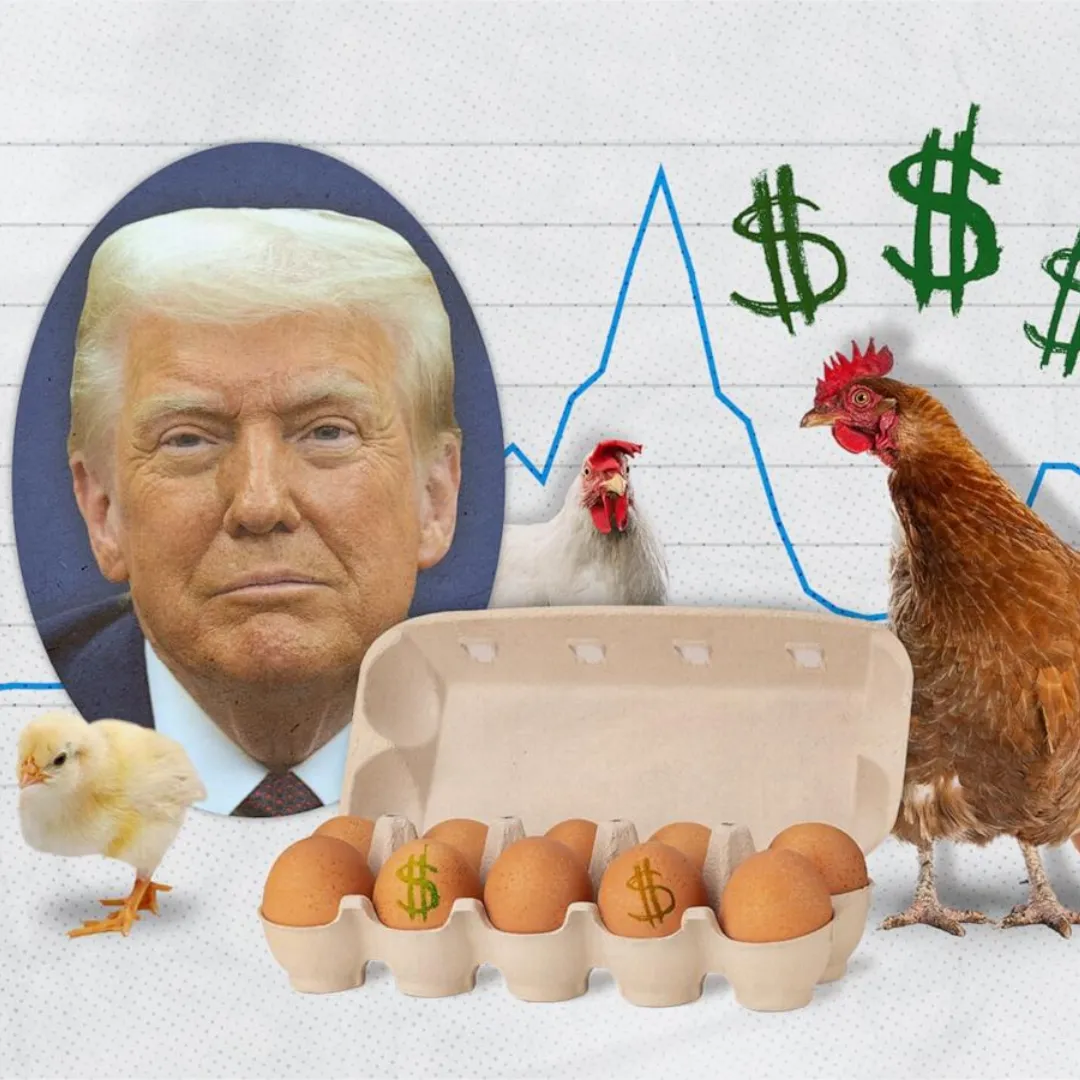
For years, supporters of Donald Trump have worn their embrace of abrasive political rhetoric as a badge of honor. From the moment Trump descended the golden escalator to announce his first campaign, brash language, coarse insults, and blunt epithets became key features of the modern conservative identity.
Flags reading “F*** Your Feelings” have flown proudly at Trump rallies, and euphemisms like “Let’s Go Brandon,” a sanitized stand-in for “F*** Joe Biden,” became rallying cries across red states.
Yet as the new Trump administration crosses its 100-day mark, conservatives who once celebrated profanity as patriotic are now accusing Democrats of being crude, unprofessional, and out of control for doing the same.
“This is next level!” exclaimed Fox News anchor Harris Faulkner during a recent segment. “Democrats are embracing profanity,” she said, while teeing up a video montage of Democratic lawmakers using expletives on the House and Senate floors, in committee hearings, and in press conferences.
The change in tone on the right comes as more Democrats have begun speaking with open frustration in the wake of Trump’s return to the presidency. Early last month, one political outlet noted that Democrats were “cursing up a storm” during the opening weeks of Trump’s second term.
The trend was described as a reflection of the party’s attempt to reconnect with voters by channeling raw emotion and defiance into their messaging.
According to Democratic lawmakers, the shift is not accidental. Many of them say that the current political climate, the return of Trump, and the challenges facing the country have stirred a new kind of urgency in their rhetoric.
Representative Jasmine Crockett of Texas has been among the most unapologetic, frequently using strong language to criticize both the president and what she calls “his enablers.” In one interview, Crockett acknowledged her blunt tone, saying, “Like I have a potty mouth, especially when I’m mad. We’re working on it. We’re going to pray about it.”

For right-wing media personalities, however, the rising tide of profanity on the left has become a new talking point. On an episode of Fox News’ “Outnumbered,” conservative pundit Jeremy Hunt claimed that Democratic swearing revealed a lack of ideas.
“You start to think they are going off the reservation and constantly swearing and howling at the moon to garner some type of resistance to what Trump is doing because they have no message,” Hunt said. “It is quite embarrassing for them.”
Harris Faulkner questioned whether Democrats’ education levels matched their current discourse. “They got expensive educations,” she said. “Why are they out of words? Oh my goodness! That’s all they do with words! I am dumbfounded that they have a license on bad ideas.”
On another segment of “The Five,” co-host Dana Perino took issue with New Mexico Representative Melanie Stansbury’s comment during a committee hearing where she called parts of Trump’s immigration policy “total bulls***.” Perino said she found the outburst “undignified” and “unpersuasive.”
Later, co-host Jesse Watters echoed those sentiments, claiming that Democrats now believe “cursing like drunken sailors” is the way to win voters back.
Despite these condemnations, observers have pointed out the striking inconsistency between how conservative media treats profanity when used by their own side versus the left.
Trump himself has frequently used expletives in public settings, particularly during his rally speeches. His supporters often cheer his use of coarse language as a sign of authenticity and rebellion against political correctness.
In fact, during a recent Trump rally at Madison Square Garden, where conservative radio host Sid Rosenberg, comedian Tony Hinchcliffe, and a roster of Trump-aligned speakers took the stage, at least 43 separate expletives were uttered, according to estimates.

Rosenberg, for example, referred to Hillary Clinton as a “sick son of a bitch” and accused Democrats of being “a bunch of degenerates, lowlifes, Jew haters and lowlifes.”
During his own address at the same event, Trump used at least 44 profanities, including when he described his legal troubles by saying, “I got indicted four times by this gang of thugs for nothing, or as I say respectfully to the people from foreign countries, for bulls***.”
The reaction from right-wing media to the MSG rally was largely positive. Hosts on Fox News praised the tone of the event and described it as an example of the GOP’s “inclusive” and “energetic” culture. One commentator went so far as to refer to the collection of speakers as Trump’s “Avengers,” despite the language on display.
Backlash over Democrats’ recent swearing continued into April, especially after a feature story was published exploring the “strategic use” of profanity by left-wing politicians. The article suggested that the increase in explicit language was not just emotional venting but also a calculated form of political expression that reflected the gravity of the moment.
Faulkner and other Fox hosts seized on that narrative to argue that Democrats were now trying to turn swearing into campaign strategy. “This is next level,” she repeated, suggesting that profanity was being used to tap into a sense of crisis and anger among the party’s base.
MAGA-friendly media outlets followed suit. One popular right-wing site published a story branding liberal lawmakers as “Potty-Mouthed Democrats” and decrying the rise of words like “a**” and “p*ssed” in official speeches.
According to the article, these terms “would have been unthinkable in the Capitol just a decade ago,” presenting the shift as a breakdown of decorum and respect for institutions.
Critics, however, pointed out that many of the same commentators turning up their noses at Democratic swearing were silent or supportive when similar language was used by Republicans.

The contrast was especially sharp when White House Communications Director Steven Cheung recently lashed out at a CNN guest, calling them a “piece of s***” with a “pea-sized brain” in a public online post. The incident, while widely shared, drew minimal criticism from conservative pundits.
In interviews and commentary, some right-wing voices have tried to draw a distinction between Trump’s language and that of his political opponents. Fox News host Will Cain, during a recent podcast, acknowledged that Trump swore publicly but argued that it seemed more “natural” and “genuine.”
Cain said, “Trump cussed. And that’s true. He did. I guess I feel like when Trump did it, and I can’t remember all the times he did it… but I know he did, it didn’t seem so gratuitous. This seems forced, gratuitous, and reductive. Meaning they’re making an argument that, in the end, rests on ‘F Trump.’”
That justification hasn’t convinced everyone. Critics of the right’s stance have accused conservative media of hypocrisy, saying the recent outrage is more about controlling the narrative than upholding standards of civility.
For years, they argue, Republican messaging embraced blunt, inflammatory speech as a way to break through political noise and energize a disillusioned base. Now that Democrats are speaking in similarly aggressive terms, many on the right appear to be changing their tune.

As the 2024 campaign season begins to heat up, and as Democrats continue to test the boundaries of political language, the conversation around tone, language, and authenticity is likely to persist. For now, one thing is clear: the lines between “passionate” and “profane,” between “authentic” and “undignified,” continue to shift depending on who is speaking—and who is listening.



